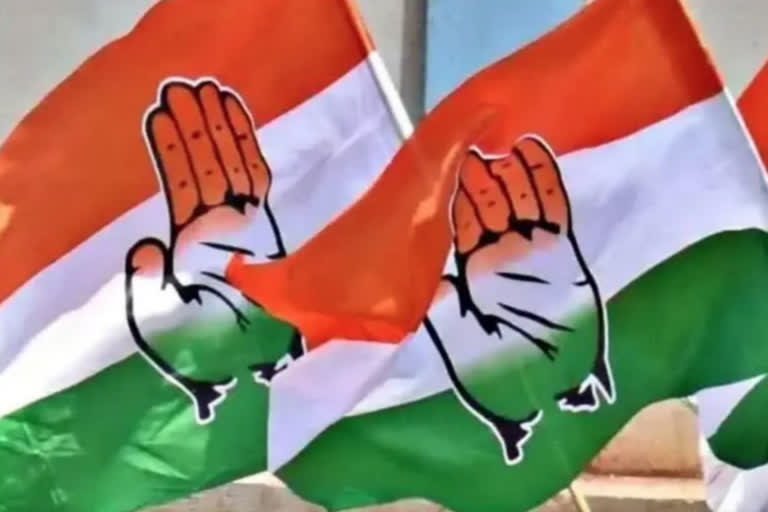New Delhi: The Congress on Friday claimed credit for passing the historic Women’s Reservation Bill in the Rajya Sabha in 2010, and welcomed the 8 regional parties protesting over the legislation in New Delhi. The party further asked the government to bring the same during the second half of the Budget Session of Parliament.
The bill, which gives 33 per cent reservation for women in the Lok Sabha and the state Assemblies, was first introduced in 1996 and has been pending over the past 27 years. Later, when the UPA came to power at the Centre, Sonia Gandhi, who was UPA chairperson and Congress chief, pushed the Manmohan Singh government to get the bill passed in the Rajya Sabha.
“On March 9, 2010, when the Congress-led UPA was in power at the Centre, we passed the Women’s Reservation Bill in the Rajya Sabha with the help of our allies. But the bill could not be passed in the Lok Sabha as we lacked a majority there,” Congress spokesperson Alka Lamba said.
“The bill is live in the Lok Sabha and the BJP government has a majority. They had even mentioned the bill in their poll manifesto. We demand the Centre should clarify its position and table the bill in the second half of the Budget Session. The government should pass the bill and give the women their rights,” she said.
The Congress reaction came amid a protest over the bill at Delhi’s Jantar Mantar which has been supported by parties like the BRS, SP, CPI-M and CPI, Akali Dal, TMC and JD-U and RJD. The opposition parties are demanding the bill be brought in the second half of the Budget Session to be held from March 13 to April 6. The Congress, which had played a major role in getting the bill through the upper house of Parliament, wanted to remind everyone of the fact and did not want to be left behind in the race for opposition unity.
“We welcome the state parties who have come to New Delhi and are asking questions from the Centre,” said Lamba. On Thursday, BRS leader K Kavitha had praised former Congress chief Sonia Gandhi for backing the bill in the upper house of Parliament. Technically, the bill is called The Constitution (One Hundred and Eighth Amendment) Bill, 2008 which seeks to reserve one-third of all seats for women in the Lok Sabha and the state legislative assemblies. The allocation of reserved seats shall be determined by such authority as prescribed by Parliament, as per the bill.
According to the bill, one-third of the total number of seats reserved for Scheduled Castes and Scheduled Tribes shall be reserved for women of those groups in the Lok Sabha and the legislative assemblies. Further, the reserved seats may be allotted by rotation to different constituencies in a state or Union Territory.
Reservation of seats for women shall cease to exist 15 years after the commencement of the Amendment Act, as per the bill. The issue has found wide support among the women lawmakers cutting across parties but had been stuck on one or the other ground like the issue of merit, lack of suitable candidates and the need for similar reservation in ticket allocations by parties.



